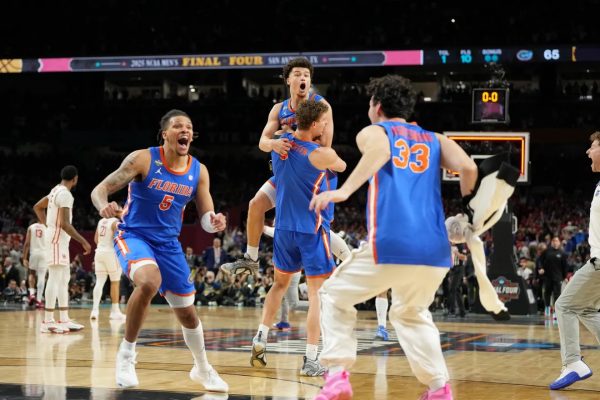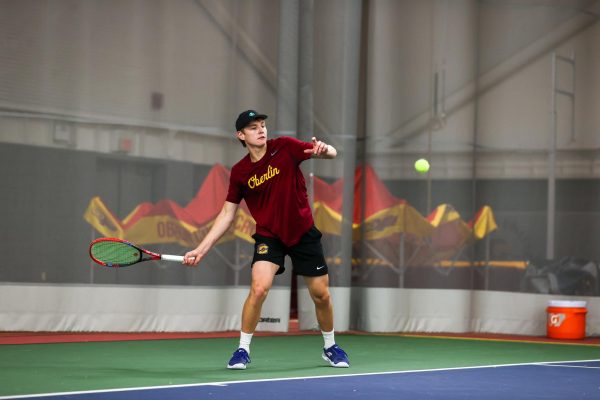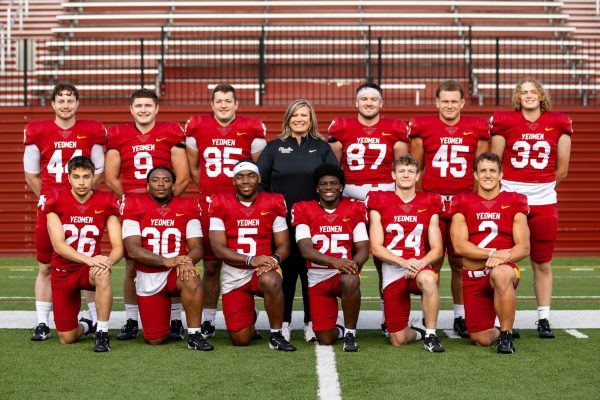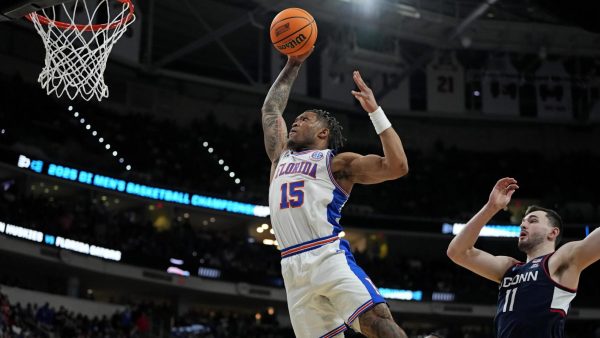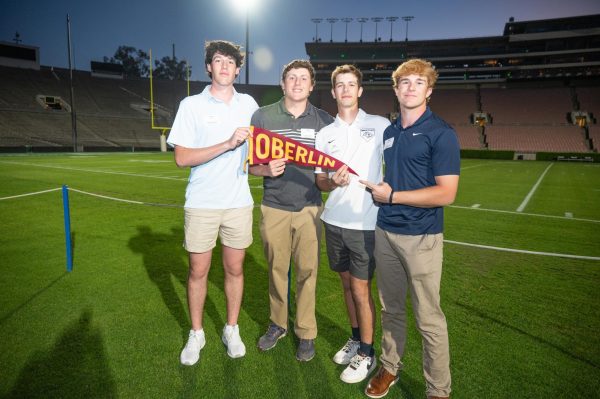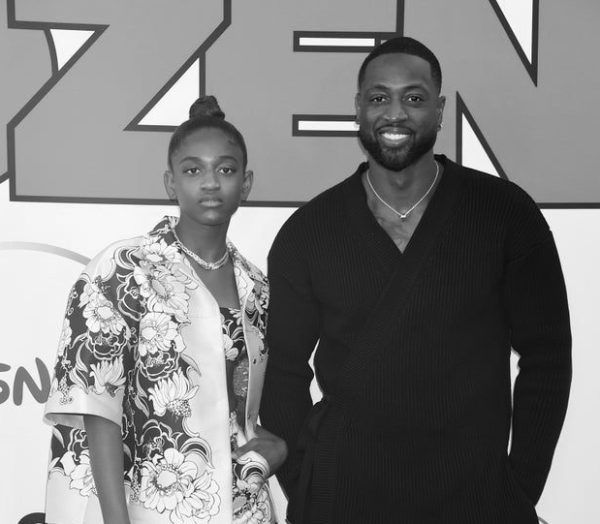Reflections on Rejection, Soccer, and Life After Oberlin
Earlier this year, I applied for a fellowship from the Watson Foundation, an institution that provides yearlong fellowship that gifts recent college graduates $30,000 to travel the world studying a topic of their choice. About a month before I heard back, I had my first dream about it.
It’s probably better described as a nightmare, actually. I walked down a hallway plastered with pictures of the 40 Watson winners from six different countries — my task was to scan every square inch of the walls, searching for photographic confirmation that I had indeed been one of the chosen. I did not see my face.
A few nights later, I dreamed that I arrived sorely underdressed to the Watson group interview — an event that does not exist — and my fellow interviewees, adorned in suits and blazers, laughed at my Nike sweatpants and Birkenstocks. As a senior in college with finals, graduation requirements, and job prospects haunting me every day, my conscious life was plenty anxiety-producing — and my subconscious world of nightmares was making it all the more stressful.
Institutions like ours are places where students are encouraged to dream, and that’s where my idea for this ambitious project came from in the first place. The Watson encourages its applicants to pick an area of study that interconnects their expansive passions and interests. My choice was soccer, the world’s most popular sport. Our institutions also create a culture of anxiety around building résumés and applying to prestigious fellowships and graduate schools — a reality that set in for me as all my peers and I considered our post-grad opportunities.
As a field hockey player, soccer was an interesting choice for me. Some days, it even felt like an abandonment of the sport that guided me through high school and brought me some of my best memories and friends of college. When conceiving my project, I wanted to articulate a connected web between my love of sports, my passion for studying Spanish, my interest in travel writing and journalism, and my steadfast belief that sports can communicate on global issues like racism, sexism, and corruption more effectively than well-developed human rights institutions can. But in the many days I spent connecting the dots of my life into this project, it became clear that soccer was the only game that could fulfill this role.
The application process flew by relatively quickly. By the time Thanksgiving rolled around I was ready to shelve the experience in the back of my mind and spare myself unnecessary anticipatory nerves, knowing the decision date was still four months away. Unfortunately, that’s not how my brain works. I’m still not entirely sure why I was so determined to actively avoid thinking about my application during my waking hours. Maybe I was afraid of impersonal rejection after putting my heart and identity into a project that was meant to embody “my life.” Or maybe I was afraid of what winning the prize would actually mean — spending the next year entirely alone. I especially did not want to confront bad planning on my part; it was equally realistic to expect to win a fellowship as it was to prepare for nothing at all, which is what I did. But one thing remained clear: As much as I tried to keep the Watson out my head, it always crept back in, especially when I could least control it.
Finally, in the spirit of exposure therapy, I picked up a book about soccer as a last-ditch attempt to at least have some peace of mind. The book was called The Thinking Fan’s Guide to the World Cup — edited by Matt Weiland and Sean Wilsey, it is a compilation of the best soccer writing of 2006, assembled to prepare fans for the upcoming World Cup statistically, culturally, and geographically.
Factually, the book was 13 years old and pretty irrelevant, but compositionally it spoke volumes. Each chapter told the unique and profound story of every country that had qualified for the tournament, and as I flipped through it, I learned of the parallels between soccer and ethnic violence in Angola and Croatia; I read stories about interactions of soccer and tourism in Costa Rica, and I absorbed a history of soccer and gender discrimination in Italy. My own project had been designed to study soccer and racism in England, soccer and sexism in Argentina, and soccer and nationality in San Marino, just to name a few. Through Weiland and Wilsey’s book I felt like I was reading my project come to life. Some of the quotes were almost carbon copies of sentences I had threaded together for my own proposal.
That book did for me what nothing else could. It showed me that the world I dreamed of being a part of, the world I had designed for myself in my Watson proposal, did, in fact, already exist. Even without the fellowship, I could keep my love of sports and storytelling. The Thinking Fan’s Guide to the World Cup is co-authored by 32 people, none of whom were Watson winners, but here they were, doing exactly what they — and I — dreamed of doing.
I learned on March 15 that I would not be a Watson winner, and that night I slept like a baby.
In the coming months after graduation, I’ll seek out various adventures that, to me, all relate back to my Watson proposal, in explicit and implicit ways. In June, I’ll travel with my family to France, to watch five games of the FIFA Women’s World Cup. We’ll get to see my favorite soccer player of all time in action, Megan Rapinoe. Following that trip, I’ll continue in the spirit of adventure down the Colorado Trail with my cousins for five weeks, hoping to accomplish athletic feats, meet interesting people, and collect countless great stories along the way.
Post-grad life really kicks in in August, when I’ll move to Chicago and use my passions and Oberlin education to work as an intake coordinator and program manager for the National Immigrant Justice Center. And who’s to say what comes after that?
I can still live by the values woven into my Watson proposal; the only missing piece is soccer. Maybe that’s because it’s not the sport itself that drew me in; rather, the project was inspired by the culture that soccer creates, the communities it brings together, and the ways it pushes the envelope on important issues by nudging people to change. As long as I can keep finding stories, pockets of powerful communities, and unique manifestations of the human spirit, I won’t be shaken by bad dreams anymore.


